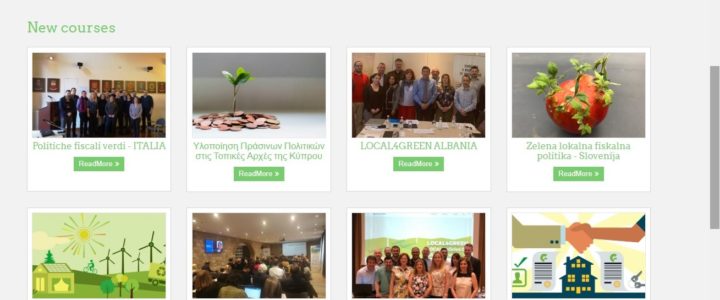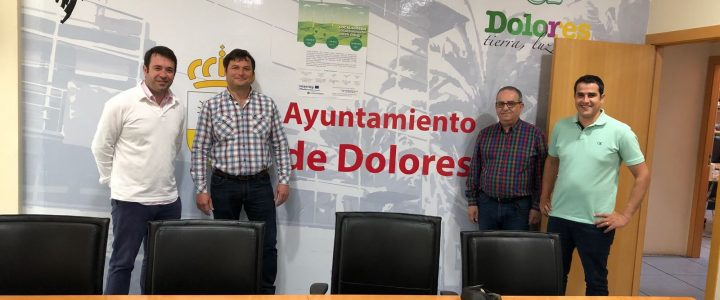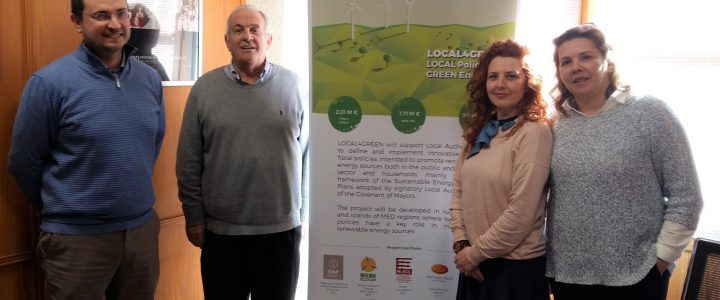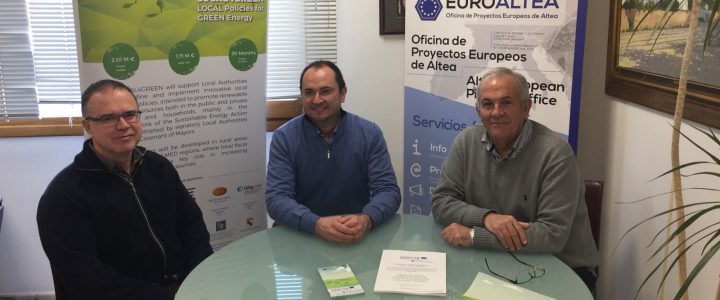16/03/2018 ⇒
On 19th February, experts of MUSOL Foundation met with Environment Councilor – Rocío Guijarro – and Finance Councilor – Mayte García -, from the municipality of L’Alfàs del Pi. They analyzed in detail the proposed fiscal policies by #LOCAL4GREEN project to promote the renewable energy sources, and the local authority reiterated the interest to continue studying some of them, in the framework of @interregmed programme.
The modifications of municipal taxes seem to be the most suitable, in particular the reductions in tax on economic activities, property tax and tax on constructions, installations and works, for taxpayers using renewable energy sources.
As they have detected in other pilot municipalities, the limitations imposed by legal framework make more difficult to introduce reductions in municipal taxes, specially in the public land occupancy rate by tables, chairs, umbrellas and other decorative and functional elements, as well for other similar facilities for profit.
The experts from @MUSOL Foundation will continue collaborating with L’Alfàs del Pi with the aim to adapt the proposed fiscal policies to the reality of the municipality and will ellaborate proposals of legal reforms that improve the capacity of muncipalities to promote the renewable energy sources through other fees.
Thanks to @ancilazio to provide us the way to communicate!
#ClimateChange #Energy #LocalAuthorities #GreenTaxation









